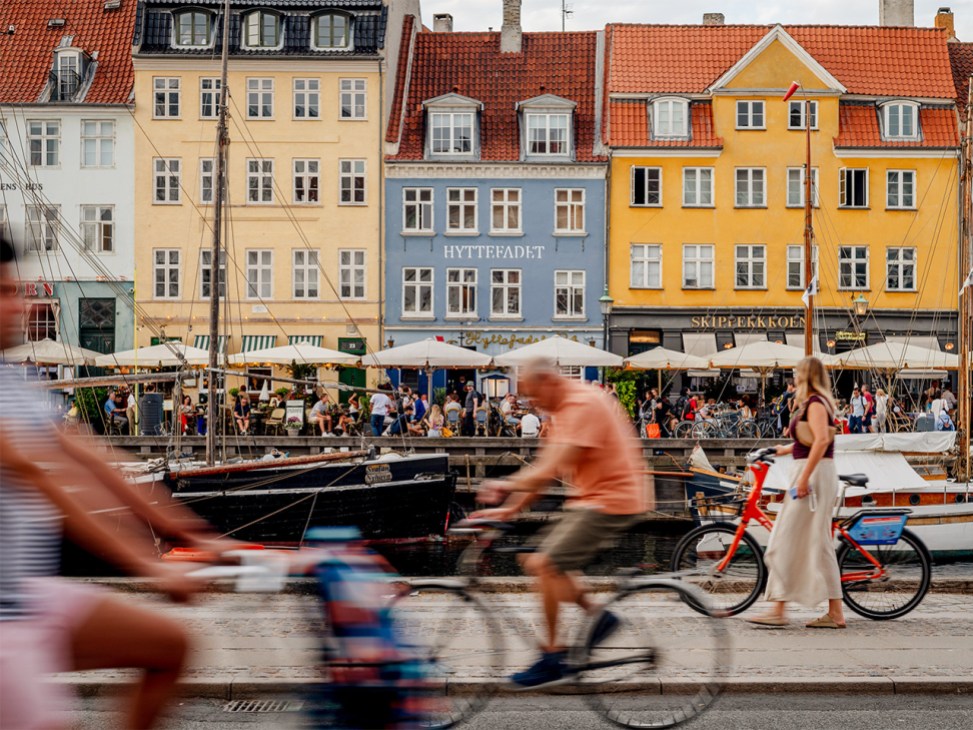Contrary to what you might have heard, Europe is a 21st-century success story
Listen to the critics and you would think Europe was finished. Too bureaucratic, they say. Cannot agree on migration. Moving at glacial pace while Silicon Valley races ahead. It has become such a tired narrative that we have almost started believing it ourselves.
But here is what the doom-mongers miss: Europe has quietly become one of history’s most remarkable success stories. We are talking about a continent that has created unprecedented prosperity while maintaining social cohesion and projecting influence. This transformation represents a fundamental shift in how we should understand European power and potential.
Consider what Europe has survived over just the past decade and a half. The eurozone nearly collapsed under sovereign debt. Britain walked away. A pandemic shut down the global economy. War returned to European soil for the first time in generations. Each crisis was supposed to be the final nail in the coffin. Yet here we are: institutions intact and co-operation deeper than ever, constantly adapting and finding pragmatic solutions. Not bad for a region that supposedly can’t get its act together.

Walk through Copenhagen, Vienna or Zürich and try to argue this is a continent in decline. European cities dominate every quality-of-life survey worth its salt (read Monocle’s here). The trains run on time. You can get decent healthcare without going bankrupt. A bright kid from a working-class family can still make it to university. These are not small things – they are the stuff that determines whether ordinary people can live decent lives.
Innovation? Please. We are not trying to be Silicon Valley – and that is exactly the point. While others chase the latest app or cryptocurrency bubble, European companies are solving real problems. BioNTech helped to save the world during the coronavirus pandemic. Novo Nordisk is tackling diabetes and obesity. ASML builds the machines that make computer chips possible. Airbus keeps people flying. Our renewable-energy sector is reshaping how the world powers itself. This is not flashy disruption – it is the kind of deep, patient innovation that moves civilisation forward.
Even our supposed weakness – all that regulation – has become a superpower. General data protection regulation (GDPR) did not just protect European privacy; it forced tech giants everywhere to change how they handle data. Our environmental standards, consumer protections and competition rules get copied around the world.
Europe is second only to the US in economic clout and miles ahead of China in per-capita wealth. Ten of the world’s 20 most competitive economies are European. Luxembourg, Norway and Switzerland all outproduce US workers per hour, while still taking proper lunch breaks and holidays.
Sure, we have problems. Our capital markets are a mess of national silos. The birth rate is falling. Getting 27 countries to agree on anything can feel like herding cats. But these are fixable problems, not existential threats. Integrate financial markets, get smarter about attracting talent from abroad and commit properly to green investment. None of this is rocket science.
The real problem is in our heads. We have internalised the decline narrative so completely that we cannot see our own success. Meanwhile, the world is shifting around us. The US is tearing itself apart over culture wars and conspiracy theories. China is staring down a demographic cliff and drowning in debt. Against this backdrop, Europe’s combination of prosperity, stability and openness starts to look pretty attractive.
The 21st century will not belong to whoever has the loudest voice or builds the biggest military. It will belong to whoever can integrate diverse societies, create sustainable prosperity and maintain democratic institutions under pressure. Europe has been quietly mastering these skills for decades. The only thing missing is the confidence to recognise what it has accomplished.
Professor Arturo Bris is a Monocle contributor and director of Switzerland’s World Competitiveness Center. He is the author of ‘SuperEurope: The Unexpected Hero of the 21st Century’. Want more on Europe’s potential? Read how the continent could gain from a US brain drain.



